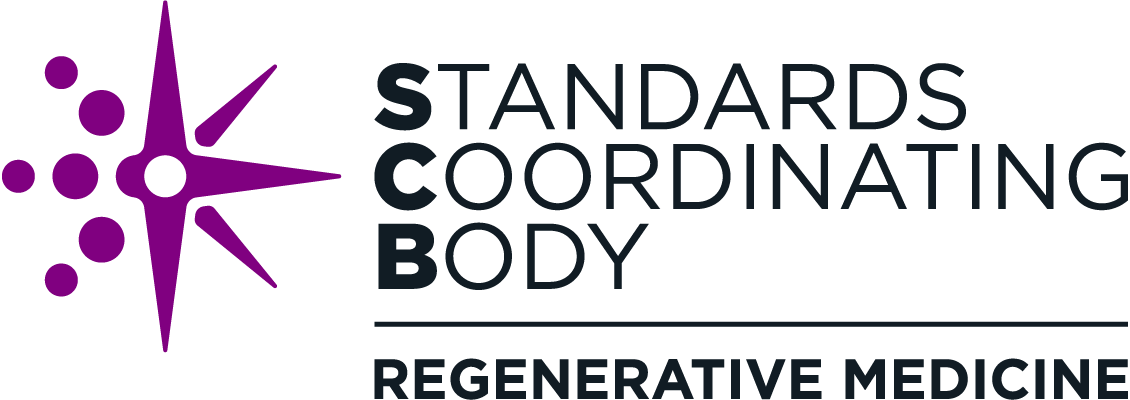February 16, 2017
SCB and NIST to Work Together to Advance Development and Establishment of Industry-Wide Standards
Standards Coordinating Body for Regenerative Medicines and the National Institute of Standards and Technology Enter into a Memorandum of Understanding to Advance Development and Establishment of Industry-Wide Standards
WASHINGTON, DC, September 19, 2016 – The Standards Coordinating Body for Gene, Cell and Regenerative Medicines and Cell-based Drug Discovery (SCB) announced today it has entered into a memorandum of understanding (MOU) with the National Institute of Standards and Technology’s (NIST) Material Measurement Laboratory (MML) to advance the development of industry-wide standards for cell therapy, gene therapy, regenerative medicine and cell-based drug discovery.
This MOU signifies the first step toward establishing an SCB-NIST public-private partnership. The SCB aims to build a coalition that will include other partnerships with federal agencies and international organizations. The initiative to establish the SCB originated from the Alliance for Regenerative Medicine’s (ARM) Science and Technology Committee.
Signed by Laurie Locascio, MML director, and Morrie Ruffin, ARM’s managing director and a founding director of the SCB, the MOU describes the first formal collaboration between SCB and NIST.
“The SCB and NIST are united in our dual missions to enable more efficient and successful clinical and commercial development for cell and gene therapies, regenerative medicine and cell-based drug discovery,” said Morrie Ruffin, ARM’s managing director. “Widespread coordination, establishment and implementation of standards for these products is essential to driving our field forward and speeding patient access to these potentially transformative therapies.”
According to the terms of the MOU, the SCB and NIST will work together to advance the field by collaborating on and contributing to the development of relevant consensus standards and among other activities, improving confidence in measurements of gene-based and cellular systems and their manufacturing processes by engaging key stakeholders to better understand and address industry priorities.
NIST is a non-regulatory federal agency within the U.S. Department of Commerce whose mission is to promote U.S. innovation and industrial competitiveness by advancing measurement science, standards and technology. The SCB will work with NIST’s MML, which serves as the national reference laboratory for measurements in the chemical, biological and material sciences. NIST engages in ongoing activities of standards development organization leadership and developing capabilities in measurement science.
The SCB, a multi-stakeholder consortium representing varied interests across this sector, is a non-profit organization working to support the development, dissemination, education and implementation of relevant standards and related deliverables via public-private partnerships and ongoing work with national and international consensus standards organizations. The SCB will serve as a source of information, knowledge, experience and data collection related to process, material and reference standards to enable more efficient and successful development, manufacture and testing of advanced therapies and cell-based drug discovery.
For more information about ARM, please visit www.alliancerm.org. For more information about NIST, please visit www.nist.gov. For more information about the SCB, please visit www.regenmedscb.org.
About The Alliance for Regenerative Medicine
The Alliance for Regenerative Medicine (ARM) is an international multi-stakeholder advocacy organization that promotes legislative, regulatory and reimbursement initiatives necessary to facilitate access to life-giving advances in regenerative medicine worldwide. ARM also works to increase public understanding of the field and its potential to transform human healthcare, providing business development and investor outreach services to support the growth of its member companies and research organizations. Prior to the formation of ARM in 2009, there was no advocacy organization operating in Washington, D.C. to specifically represent the interests of the companies, research institutions, investors and patient groups that comprise the entire regenerative medicine community. Today, ARM has more than 250 members and is the leading global advocacy organization in this field. To learn more about ARM or to become a member, visit http://www.alliancerm.org.
